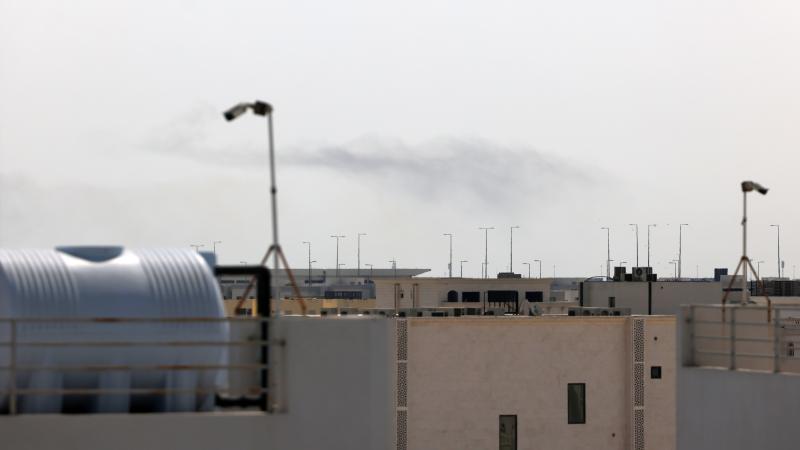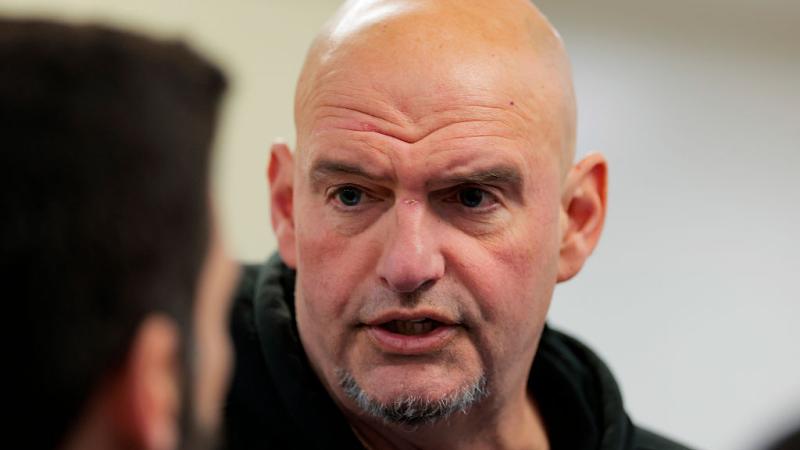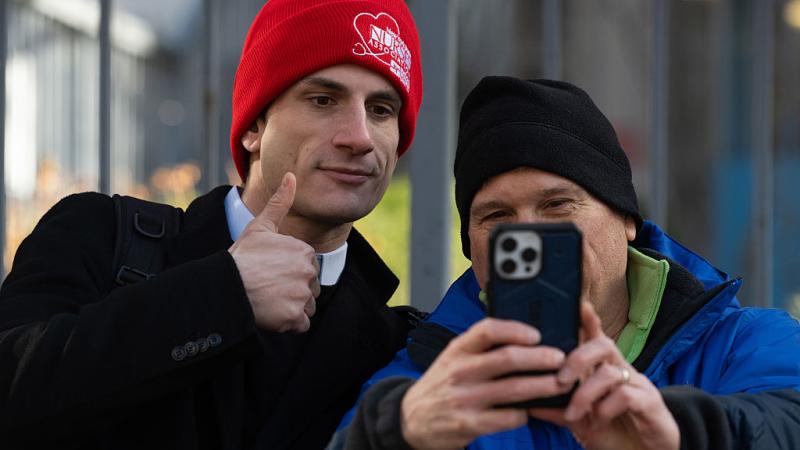Locals say homelessness crisis creating a ‘wasteland’ in Spokane
While some are focused on violations of the city’s sit-and-lie ordinance, others warn that many homeless drug addicts are growing more and more violent.
Business owners and professionals working near or in downtown Spokane are continuing to highlight what they perceive to be an increasingly out of control homelessness crisis that’s also affecting other parts of the city. While some are focused on violations of the city’s sit-and-lie ordinance, others warn that many homeless drug addicts are growing more and more violent.
Mike Allen is a former city councilmember and works as a professor at Spokane Community College. He told The Center Square that he drives through downtown on his way to work, and “it’s just continued to get progressively worse with the litter, the vandalism, people shooting up on drugs. It’s a wasteland now. I’ve watched people shoot up in doorways. We’ve seen violence in Riverfront Park. This is not the Spokane of six, seven years ago.”
It's a double problem for Gordon Hester, president and CEO of Kiemle Hagood. Not only is his office located in downtown and was the scene of a deadly police incident after a man threatened officers with a knife, but his real estate agency focuses on attracting businesses into downtown properties.
“The last three years have been awful,” he said. “If you look at the last six months, what I’ve seen is more aggressive behavior. It’s so disheartening. If you look at it from a real estate perspective…when you’re trying to bring companies into downtown and you have this kind of stuff going on, there’s no way I can convince people it’s safe to do business.”
However, both say the problem isn’t confined merely to downtown. It’s a view shared by Jake Schwartz, the general manager for Jones Double Reeds musical instrument store located east of downtown. He told The Center Square that he often has homeless people camping on his property, often after they’ve either left or been kicked out of downtown. He said that recently some homeless came onto the property’s front porch and lit a fire, then smoked drugs.
“I have people that get really comfortable on my front porch,” he said.
Aside from the illegal camping, illicit drug use, and graffitiing, what they’ve also noticed is that the homeless have become disturbingly emboldened due to either a lack of meaningful criminal punishment or drug use.
“You got people following people on the skywalk saying ‘give me your money,’” Hester said. “I’m not a little guy. I’m a large person, and I don’t get intimidated easily. It’s the people that are so out of sorts in their brain they can’t really tell what they’re doing.”
Schwartz said one time a homeless person tried to forcibly enter his business despite being significantly smaller in size.
“I laughed at him. ‘What do you think you’re doing?’ I pushed him out of the door and called the police," he said. "The boldness is getting a little scary.”
When it comes to law enforcement response, it depends on who you ask.
“My experience with the police department is they have been great,” Hester said, adding that they were very responsive to the man threatening people. “Unfortunately they had to take his life. It’s sad, it’s tragic.”
Schwartz said police “seem to get out here as quickly as they can,” but notes that the state has the lowest number of law enforcement officers per capita in the nation, “which is pretty horrifying.”
When it comes to possible solutions, all three say the status quo regarding illegal drug use needs to end. Allen is an advocate of civil commitment if a person is arrested numerous times for a drug-related offense.
“That’s basically my position is add civil commitment as a tool, and also bring back the asylum," Allen said. "I think the community would see a bigger benefit getting actively involved in helping those mentally ill off the streets and into protective care.”
Hester said much of the problem started “when we said that you can’t arrest someone for being whacked in public anymore. It’s ok for you to be passed out in my lobby on fentanyl. It’s ok now to do drugs. That’s a huge shift in public policy that let’s these drug addicts behave badly. These addicts understand that there’s no accountability.”
He added that public drug use “has to be an arrestable offense. If you can’t take somebody out of that environment…they’re never going to get better. You have to be able to arrest those people and get them somewhere where they can sober up. You can’t have them wandering on the street stabbing people.”
Schwartz said “we’re in a place right now where there are a lot of people who are very unsure of being able to go out safely because they don’t know what they’re going to be confronted by. You have no idea what you’re going to face when you meet somebody. A lot of people are getting frustrated, scared, they turn into hermits. They don’t want to go into downtown or anywhere around here.”
“It’s devaluing not only those human lives…it’ also very bad for business,” Allen said. “By not holding everyone accountable, no one is accountable, and everyone is a victim. No one wants to do the hard work and take the political will to make a difference.”















